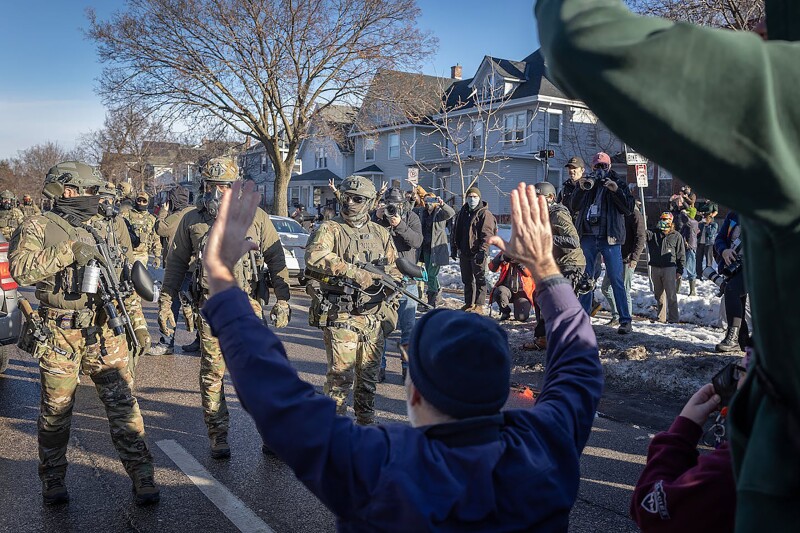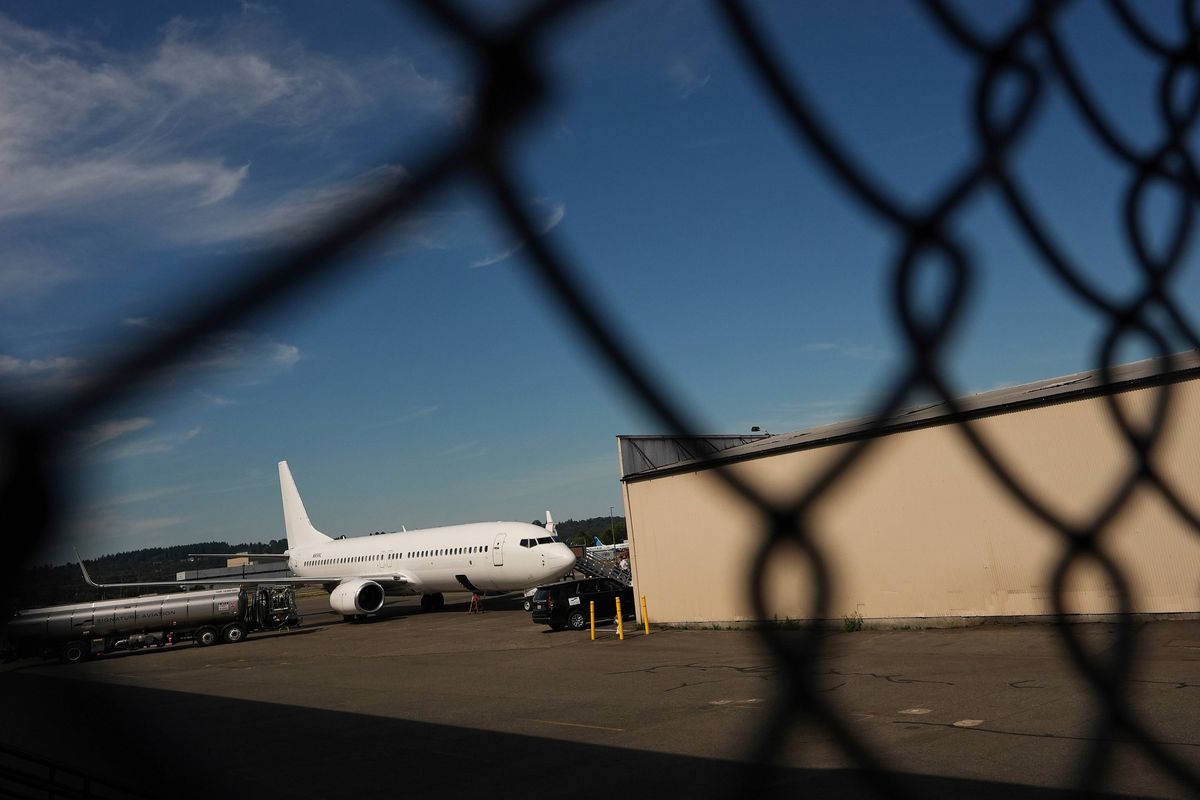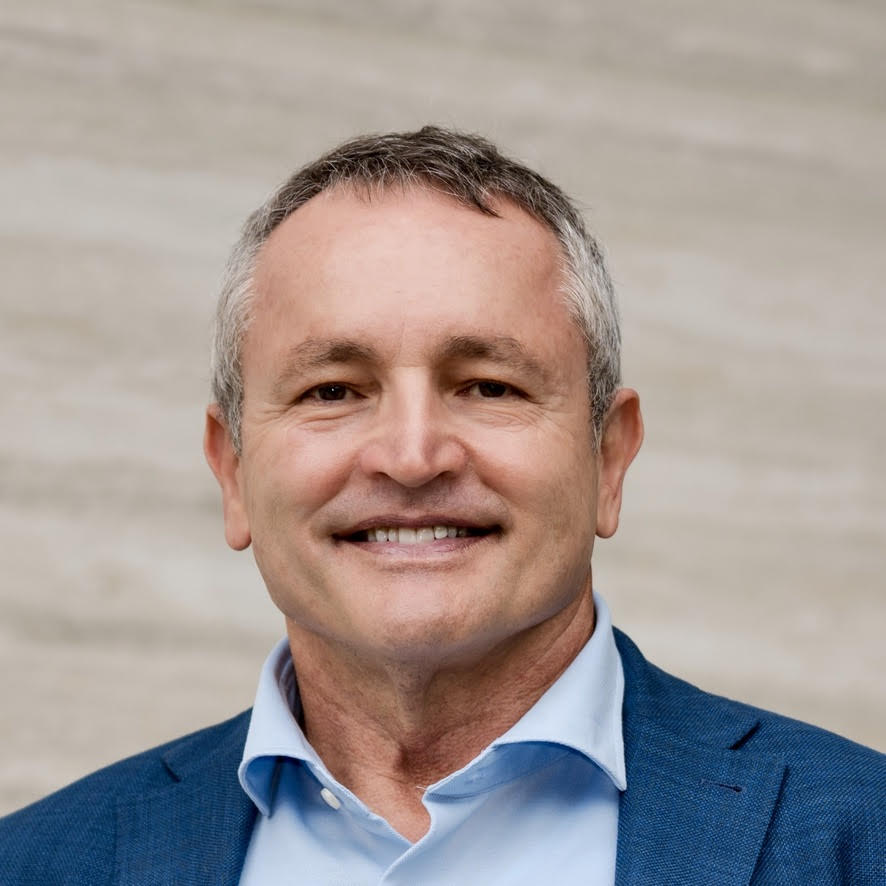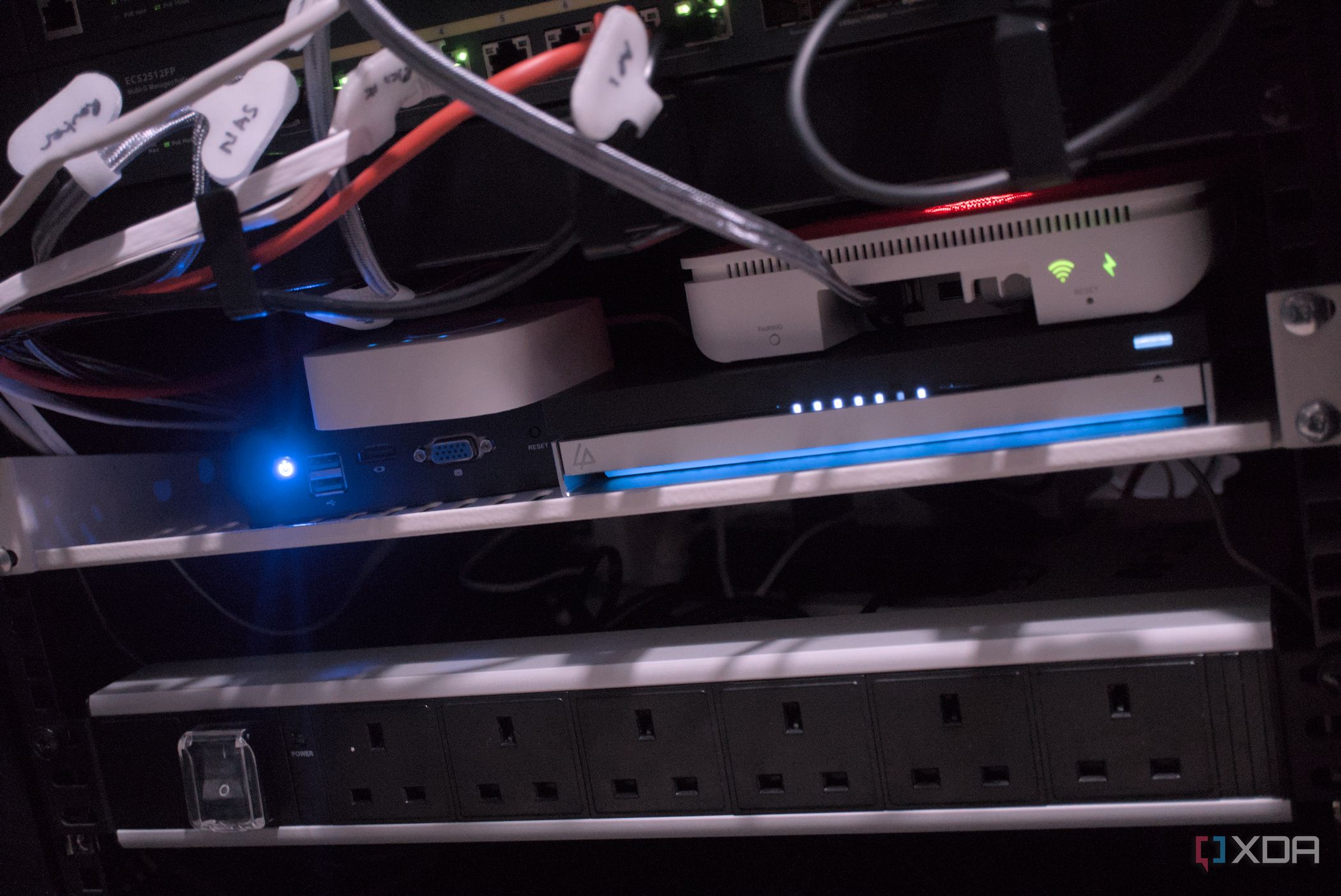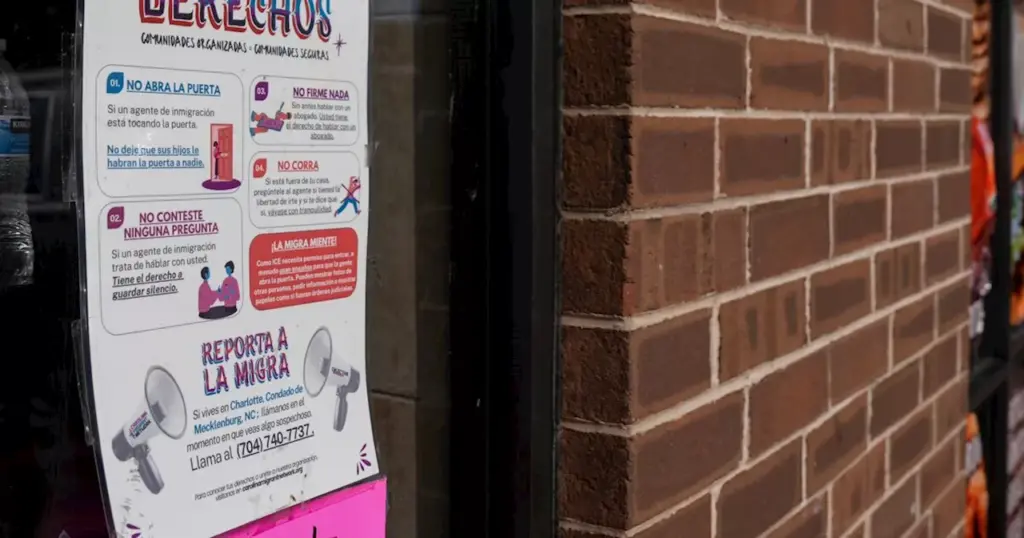
The Trump administration is set to initiate an immigration enforcement operation in Charlotte, North Carolina, as early as this weekend. According to Mecklenburg County Sheriff Garry McFadden, two federal officials have confirmed that agents from U.S. Customs and Border Protection will arrive to start the operation on either Saturday or early next week. Details regarding the specifics of the enforcement effort remain undisclosed, and Sheriff McFadden’s office has not been asked to assist in the operation.
The Department of Homeland Security (DHS) has not provided additional information. Assistant Secretary Tricia McLaughlin stated, “Every day, DHS enforces the laws of the nation across the country. We do not discuss future or potential operations.” This heightened enforcement in Charlotte follows similar actions in other cities, including Chicago, which the administration cites as necessary to combat crime and bolster its mass deportation agenda.
Charlotte, a Democratic stronghold, is home to a significant immigrant population, with estimates indicating that over 150,000 foreign-born residents live in the city. The demographic breakdown shows that approximately 40% of the population is white, 33% Black, 16% Hispanic, and 7% Asian. Activists and local officials are reiterating their support for the immigrant community amidst growing concerns about the upcoming crackdown.
The administration has used the recent fatal stabbing of Ukrainian refugee Iryna Zarutskahas on a Charlotte light-rail train as evidence of the failures of Democratic-led cities to protect residents from violent crime. A man with a criminal history has been charged in connection with her death. Critics argue that the administration’s narrative exacerbates fears within immigrant communities.
In response to the impending federal presence, local activists and faith leaders have begun preparing the immigrant community by sharing resources and providing information on rights during encounters with immigration authorities. Nearly 500 people participated in a recent call organized by the group CharlotteEAST, aimed at establishing a mutual aid network. City Councilmember-Elect JD Mazuera Arias emphasized the importance of community support during this uncertain time.
The Charlotte-Mecklenburg Police Department has clarified that it does not enforce federal immigration laws and is not involved in the federal operations. Nevertheless, reports of plainclothes officers in neighborhoods and on public transit have raised alarm among residents. State Senator Caleb Theodros, who represents the area, noted that the situation mirrors the chaotic scenes witnessed during recent operations in Chicago.
The recent federal operation, dubbed “Operation Midway Blitz,” began in Chicago earlier this September, despite opposition from local leaders. It initially involved limited arrests by U.S. Immigration and Customs Enforcement in suburban areas but has since expanded to include several hundred agents from Customs and Border Protection. Reports indicate that over 3,200 individuals suspected of violating immigration laws have been arrested in the Chicago region alone. The DHS has largely refrained from detailing these arrests, focusing instead on highlighting cases involving individuals with criminal records.
In Charlotte, activist organizations such as Indivisible Charlotte and the Carolina Migrant Network are mobilizing volunteers to educate residents about their rights when interacting with immigration authorities. Training sessions scheduled for Friday will cover how to recognize federal agents and discuss potential community responses, including the possibility of “pop-up protests.” Activists stress that they do not want to encourage arrests but rather aim to empower community members to navigate this challenging situation.
As Charlotte prepares for this enforcement operation, the community remains focused on supporting its immigrant population while advocating for their rights and safety. The developments in this situation will likely continue to evolve in the coming days, as local leaders and activists raise awareness and mobilize resources in response to federal actions.
